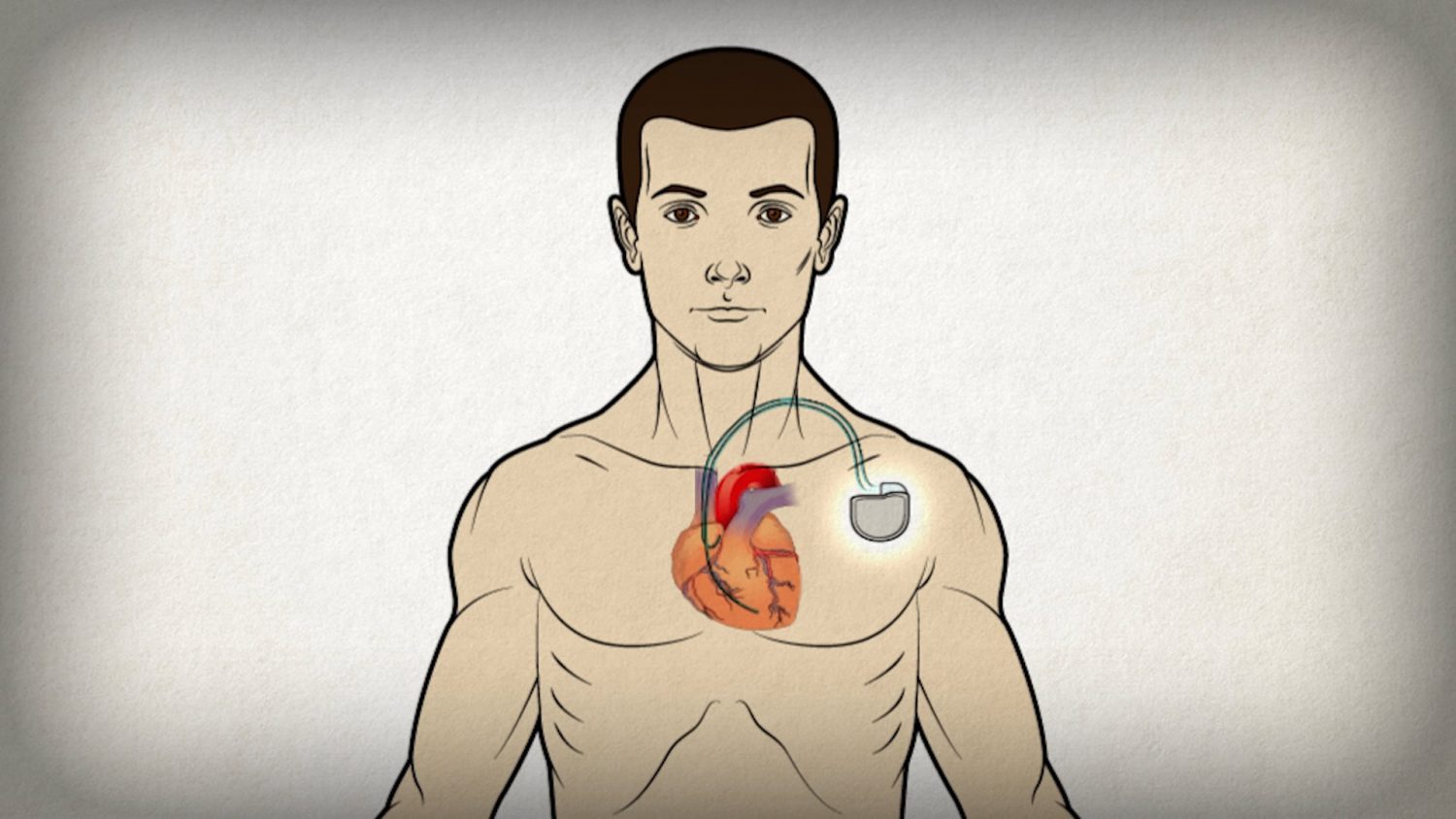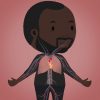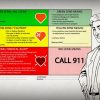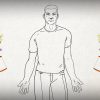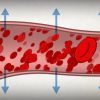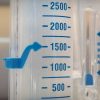Automated Implanted Cardioverter Defibrilator (ICD)
Some people with CHF can benefit from having a device called an implantable cardioverter defibrillator, or ICD, inserted under the skin near their heart. An ICD is a battery-powered device that keeps track of your heart rate and can provide life-saving treatment.
Your doctor may recommend an ICD if you have—or are at risk of having—a dangerously fast heart rhythm (ventricular tachycardia or ventricular fibrillation). When doctors insert an ICD, they connect wires, called leads, from the device to your heart. These leads will carry electrical messages between your heart and the device. If your heart starts to beat too fast, the device will respond with either a painless pulse or a shock that returns your heartbeat to normal. After having an ICD inserted, you may be able to go home the same day or you may have to spend a day or two in the hospital. As with any medical procedure, there are some risks associated with having an ICD inserted, and your doctor will review these risks with your before your procedure.
After the procedure, you may have some pain at the incision, and it takes about four to six weeks to fully recover. Not every patient with heart failure needs an ICD. Together, you and your care team will decide if it’s a good option for you.


